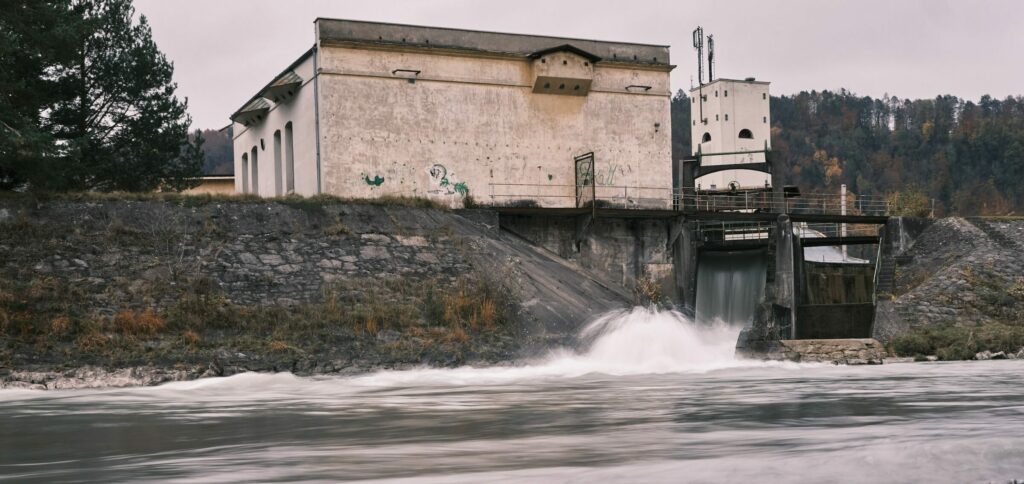O Bill (PL) 175/2020 It was presented in 2012 by then deputy Laércio Oliveira (PP-SE), now serving as senator. The matter was approved by the Senate Environment Committee in December 2021, with a favorable opinion from the rapporteur, Senator Otto Alencar (PSD-BA), who only presented editorial amendments.
ADVERTISING
The proposal amends the Basic Sanitation Law (Law 11.445, of 2007) by forcing companies to correct faults, to prevent leaks and losses, increase efficiency and monitor the distribution system to combat irregular connections.
It will be up to the Union to encourage the use of rainwater and wastewater, especially gray water, the result of processes such as washing dishes and clothes, shower use, landscaping, and those used in agricultural, forestry and industrial activities. Gray water is that discharged from homes through sinks, drains, washing machines and showers, except for that used in toilets.
The proposal is that rainwater and ash water will be used for activities that require lower quality, which will serve uses such as irrigating gardens, washing sidewalks, floors and vehicles, and also for the maintenance of artificial lakes and fountains in parks, squares and gardens.
ADVERTISING
“In addition, the measure favors the control of pollution of streams, rivers and lakes; promotes the preservation of water sources and helps combat the possibility of flooding”, stated Senator Laércio.
The author of PL 175 also recalled that the increase in population and industrial domestic consumption, climate change, the reduction in the water level of rivers and lakes, the pollution of water sources and the change in the rainfall regime, are today unavoidable realities.
“Rationing is already part of everyday life in countless Brazilian locations, and the increase in water supply requires the use of new sources, which are increasingly rare and more distant. The reuse of rainwater and wastewater is the most suitable strategy for increasing demand”, argued the author.
ADVERTISING
(Source: The Senate Agency)
Read also




